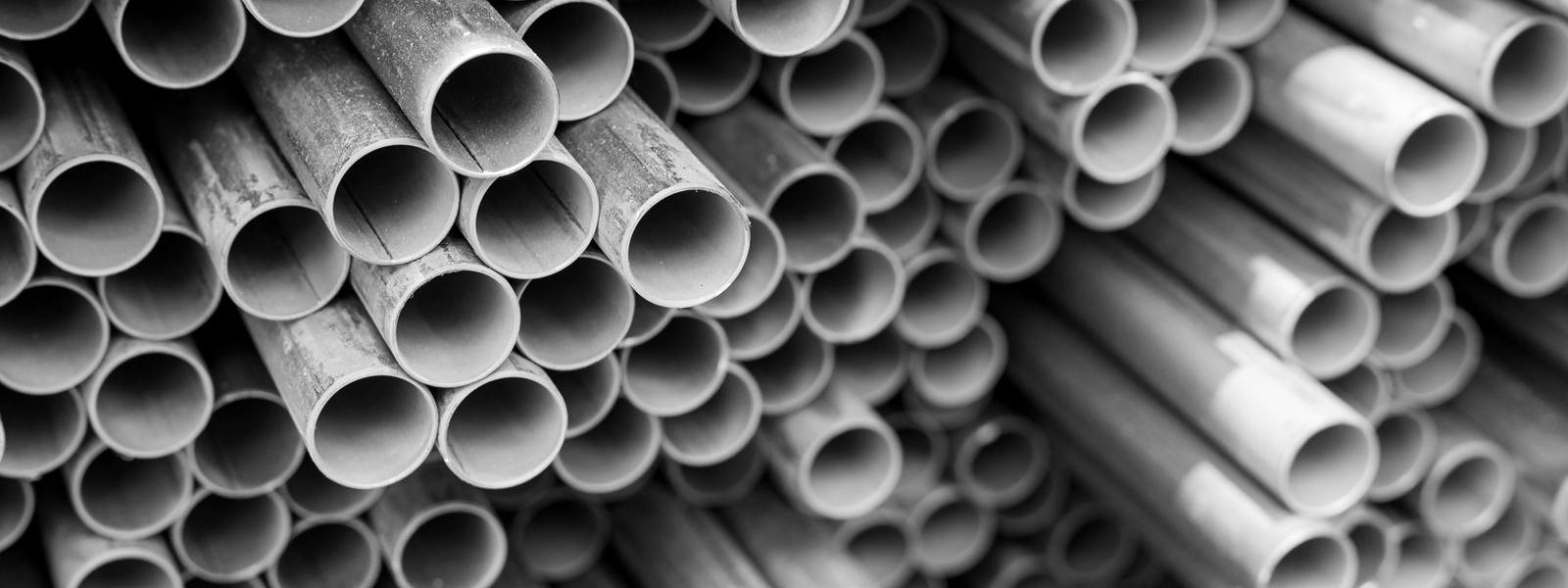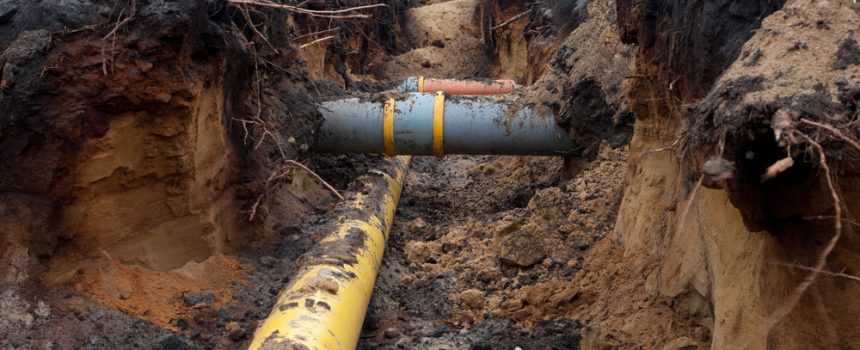The majority of residences throughout the United States are connected to a municipal sewer system via a sewer line. Each of these residences has one, and they are reliable as long as they are well maintained, and the homeowners are careful about what goes down the drains. Unfortunately, older sewer lines, or those that aren’t well-maintained, are prone to severe problems — most troublesome of which is a sewer line collapse.
What Causes Sewer Lines to Collapse?
There are several reasons why a sewer line might collapse, including:
Tree Incursion
The roots of older trees extend deep into the ground, and since they will naturally grow towards sources of water, they will be attracted to sewer lines. These roots can grow into a sewer line through the pipe’s joints, and over time, the roots will weaken the pipe walls and cause them to break down and collapse. Plumbing professionals may even be able to see if this has happened with a sewer camera inspection. In most cases, they will be able to see the tree roots in the pipeline.
Misaligned or Offset Pipes
A sewer line could also collapse if the pipes themselves are misaligned or offset. There may not be an immediate problem when this happens. Over time, the misaligned pipes will leak wastewater into the surrounding soil, eroding it and increasing the pressure on the line itself, causing it to collapse.
Old Pipes
Finally, a sewer line could collapse simply because the pipe itself is too old. Many pipes manufactured during World War II were made from Orangeburg, which is essentially compressed tar paper. This measure was taken to save metal for the war effort. They were fairly reliable, but after decades of use, they can start to decay and collapse. Fortunately, our team has the expertise and resources to replace your old pipes before disaster strikes.
How Do I Know If My Sewer Line Collapsed?
The sooner you pick up on these signs, the less invasive possible solutions may be. Here are some red flags that your sewer line is clogged or collapsed:
Frequent Backups
Frequent backups, namely those in the lower regions of your home, are signifiers that your main sewer line is either clogged or collapsed. The water from the other drains converges into the main sewer line — and if that’s compromised, the water has nowhere to go. It then uses the path of least resistance, which most likely is the lowest drain in the basement.
Multiple Fixtures Clog Up
The clog or backups can extend beyond the lowest drain in the home — it can impact several throughout. For example, if you take a shower and the water doesn’t drain quickly, and your toilet begins bubbling, it could be air or water rushing into the toilet. Alternatively, your bath may not drain after use, followed by the toilet, sink, or other drain outlets doing the same.
Strange Noises or Odors
When your sewer line clogs, it may cause drains to emit strange sounds, smells, or bubble up. You may initially suspect some paranormal activity, but it’s just air rushing back to the surface!
An odor may emerge from the drains because waste and sewage are not draining properly from the toilet — causing the smell to rush back through other drains. While there may not be a visible sewage backup in the tub, your noise may tip you off to something having gone awry.
A Constantly Wet Lawn
The main sewage line is outside, and if it collapses, it may cause changes to your lawn. When you flush or drain water, it flows to the main sewer line. When it hits the collapsed area, the surrounding dirt absorbs all that water, saturating the ground.
My Sewer Line Collapsed — What Should I Do?
If you suspect that your sewer line is clogged or collapsed, you should call a plumbing professional as soon as possible. Something as seemingly large as your home’s main sewer line being damaged may seem dire, but it can be fixed! Many plumbing companies now rely on trenchless sewer line repair to address sewer problems, as it minimizes the amount of digging that needs to be done to reach damaged pipes. Many companies only need to dig one hole to reach a sewer line, which drastically cuts down on the amount of work required and the damage done to a home’s yard.
How Much Does a Sewer Line Repair or Replacement Cost?
An initial diagnosis with a sophisticated in-pipe camera inspection is an upfront expense that could save you time and money with an accurate assessment of the problem. The total price of repairs depends on a variety of factors, including the cause and complexity of the project, possible repair options, and collateral damage.
Contact Mister Sewer Today!
Dealing with a collapsed sewer line can be stressful — especially if you’re not sure what measures to take. Fortunately, Mister Sewer is here to help you through the entire process! Whether you suspect or can clearly observe this issue on your property, give us a call. We’ll assess the situation, determine the underlying cause, and present you with the best options for repair. For prompt, affordable sewer line repair in Pittsburgh and the surrounding areas, contact the experts at Mister Sewer today!


